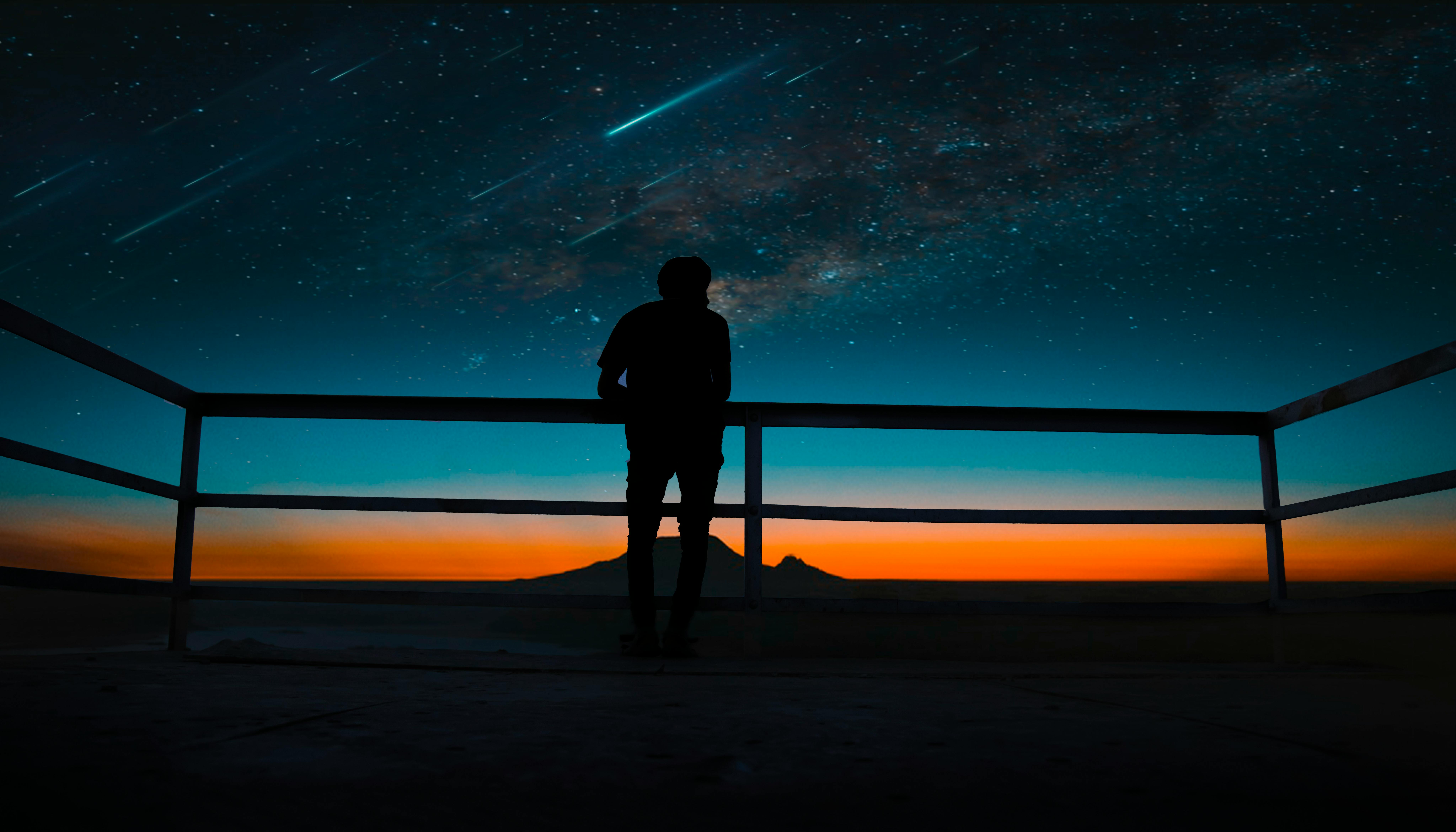
Raman deep/Pexels

Audio By Carbonatix
If you missed the Perseid meteor shower this summer, another chance to see the Colorado sky light up in all its cosmic glory is coming up. The Orionids meteor shower isn’t as big as the Perseids, but it’s considered one of the most beautiful annual meteor showers, with fast meteors that create incandescent trains and fireballs.
And with so many Dark Sky locations around Denver, there will be opportunities to enjoy the spacey spectacle in the Centennial State. Read on to learn more about the meteor shower and when and where to view it in Colorado this week.
What Is the Orionids Meteor Shower?
The pieces of debris that create this annual meteor shower originate from Halley’s Comet. The showers are known for their brightness and speed, according to NASA. These fast meteors can leave incandescent trains that last several seconds to minutes, or become fireballs.
Under dark skies, the shower produces ten to twenty visible meteors per hour during its peak.
The Orionids meteor shower is named after the constellation Orion because the shower’s radiant point is in the direction of the star formation named after the hunter from Greek mythology, specifically the star Betelgeuse, the left shoulder and second brightest star in the constellation. Orion can be seen ascending in the east after midnight in October, according to earthsky.org.
When Is the Orionids Meteor Shower?
The Orionids meteor shower is currently active. It started on October 2 and will remain until November 7, but the shower’s peak is between October 20-23, making the upcoming week the best time to try to spot the meteors, which are most visible between midnight and dawn.
Sometimes the brightness of the moon affects visibility during meteor showers, but that won’t be a problem this year; the moon is currently in a waning crescent phase, with only 0 to 4 percent visibility as it becomes a new moon before entering the waxing crescent phase during the peak window for the Orionids meteor shower.
Where to See the Orionids Meteor Shower in Colorado?
The best place to see any cosmic event is away from light pollution and on a clear night. While the weather isn’t controllable, there are plenty of locations to choose from.
Colorado has several designated Dark Sky locations, including Browns Canyon National Monument in Salida and Great Sand Dunes National Park and Preserve in Mosca. After analyzing light pollution, elevation and sky clarity across the U.S., SpinBlitz.com named Great Sand Dunes National Park the third darkest night sky in the U.S., making it a great place to catch the Orionids.